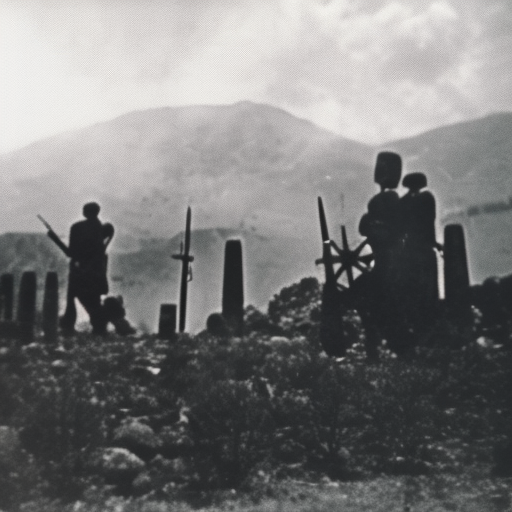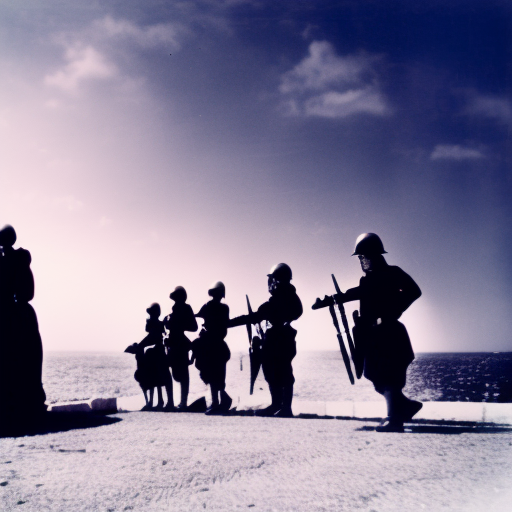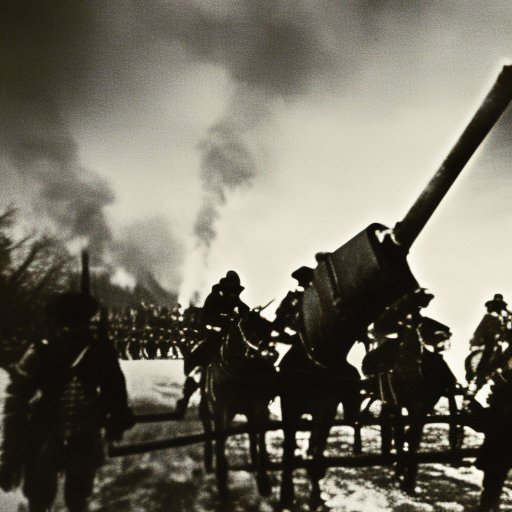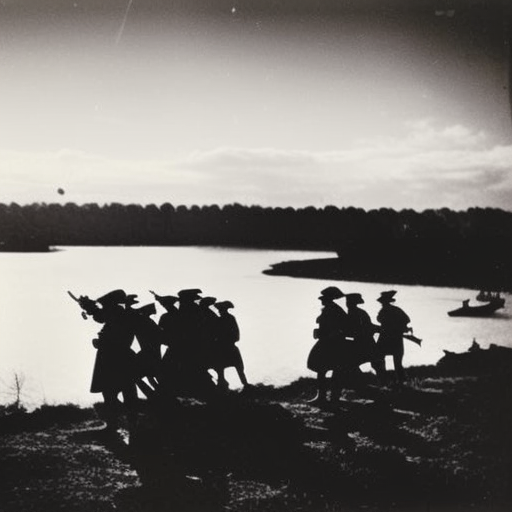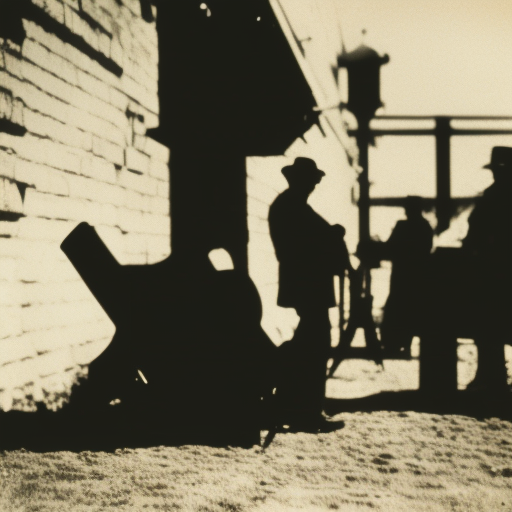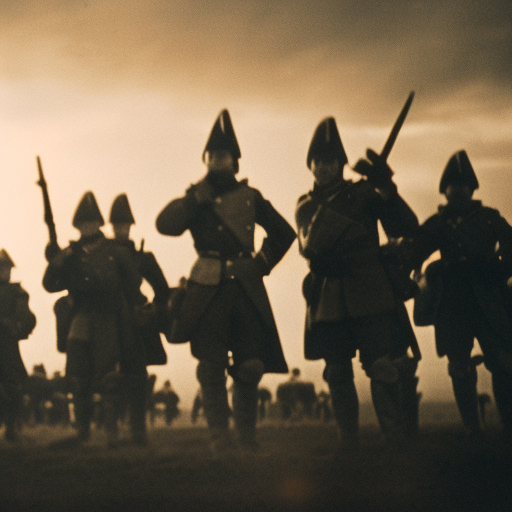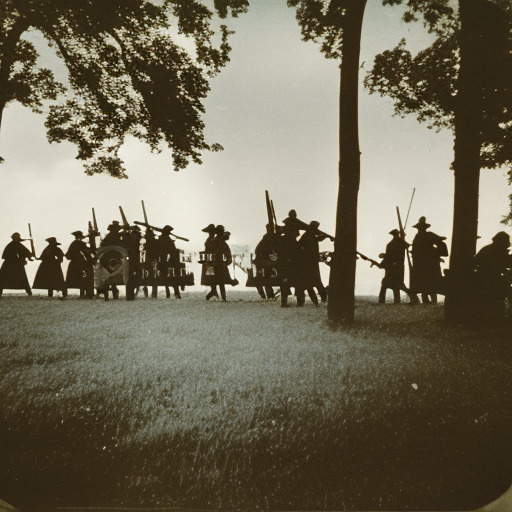Die Sieben Säulen Der Weisheit” by T.E. Lawrence is a memoir recounting Lawrence’s experiences and insights during the Arab Revolt against the Ottoman Empire in World War I.
The Peloponnesian War (431-404 BC) Explained
The Peloponnesian War was a protracted conflict between Athens and Sparta that resulted in the decline of ancient Greece’s political and military power.
The Battle of Thermopylae (480 BC) Explained
The Battle of Thermopylae was a significant conflict in ancient Greece where a small Greek force led by King Leonidas I fought against the massive Persian army, resulting in a heroic but ultimately unsuccessful defense.
The Age of Alexander the Great Explained
The Age of Alexander the Great: A period of immense conquest and cultural diffusion under the leadership of the Macedonian king, Alexander III.
The Construction of the Great Wall of China Explained
The Construction of the Great Wall of China: A monumental feat of engineering and labor that aimed to protect China from invasions and unify the country.
The Siege of Malta (1565) Explained
The Siege of Malta (1565) was a pivotal battle between the Ottoman Empire and the Knights Hospitaller, resulting in a Christian victory and halting Ottoman expansion into the Mediterranean.
The Battle of Trenton (1776) Explained
The Battle of Trenton was a pivotal American Revolutionary War battle in which George Washington’s forces surprised and defeated Hessian troops, boosting morale and turning the tide of the war.
The Battle of Plassey (1757) Explained
The Battle of Plassey in 1757 marked a turning point in Indian history as the British East India Company’s victory established their dominance over Bengal and laid the foundation for British colonial rule in India.
The Six-Day War (1967) Explained
The Six-Day War was a brief but significant conflict in 1967 that resulted in Israel’s decisive victory and territorial gains in the Middle East.
The Dual Alliance (1879) Explained
The Dual Alliance was a defensive alliance formed between Germany and Austria-Hungary in 1879, aimed at countering potential threats from Russia.
The Battle of Austerlitz (1805) Explained
The Battle of Austerlitz was a decisive victory for Napoleon Bonaparte’s French forces against the combined armies of Austria and Russia during the Napoleonic Wars.
The Battle of Tippecanoe (1811) Explained
The Battle of Tippecanoe was a significant conflict between American forces and Native American tribes led by Tecumseh, marking a turning point in Native American resistance to westward expansion.











